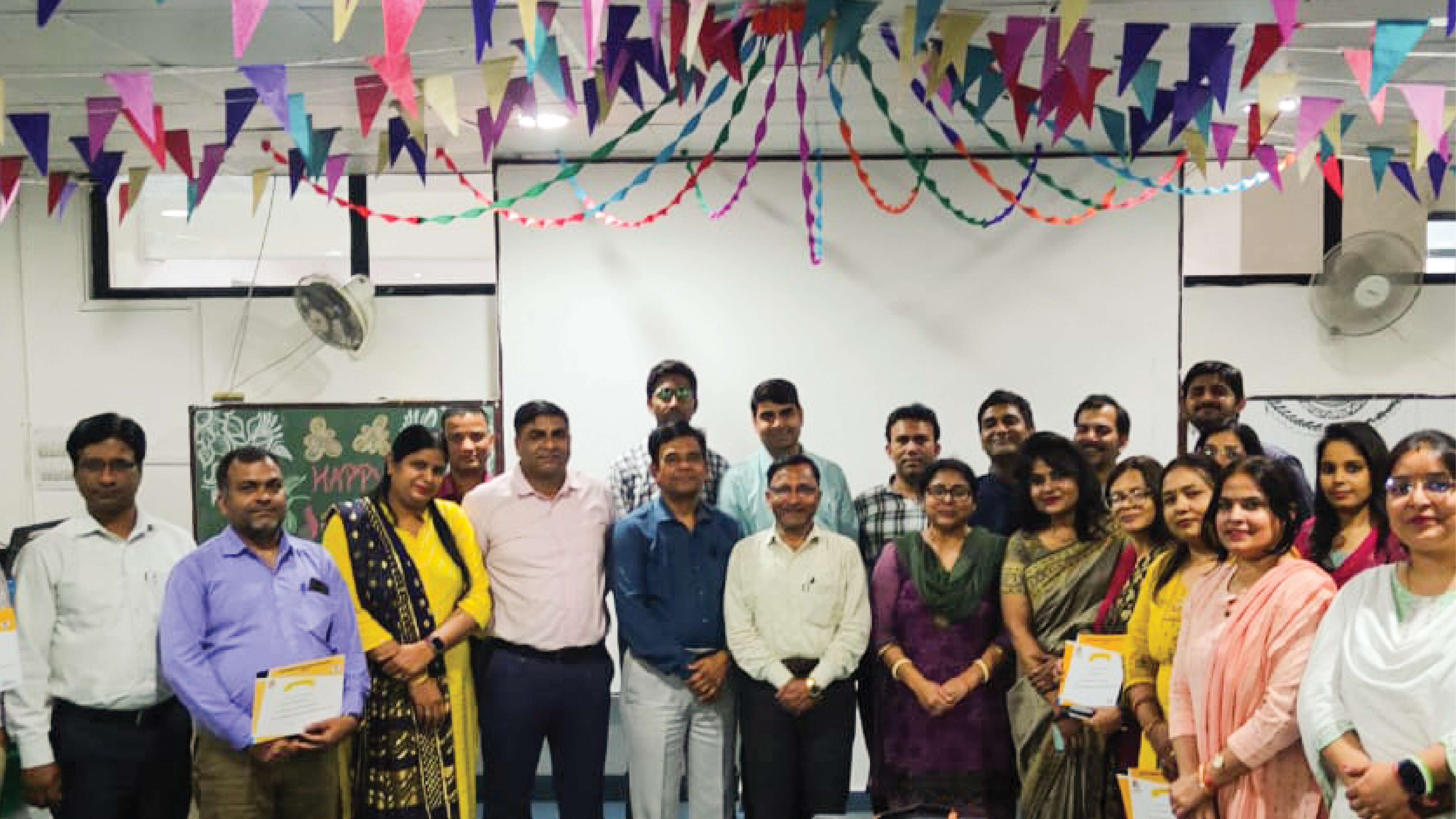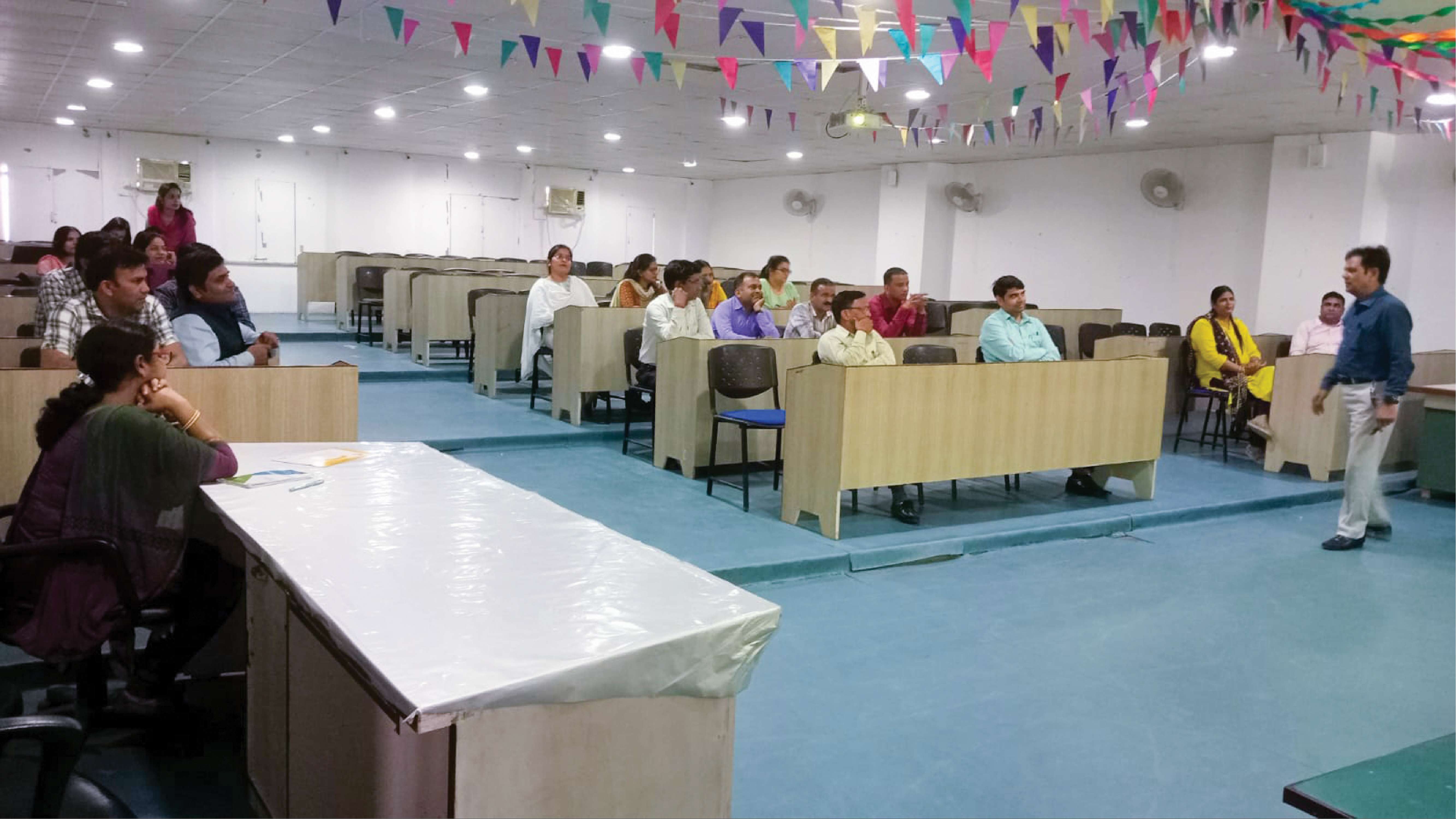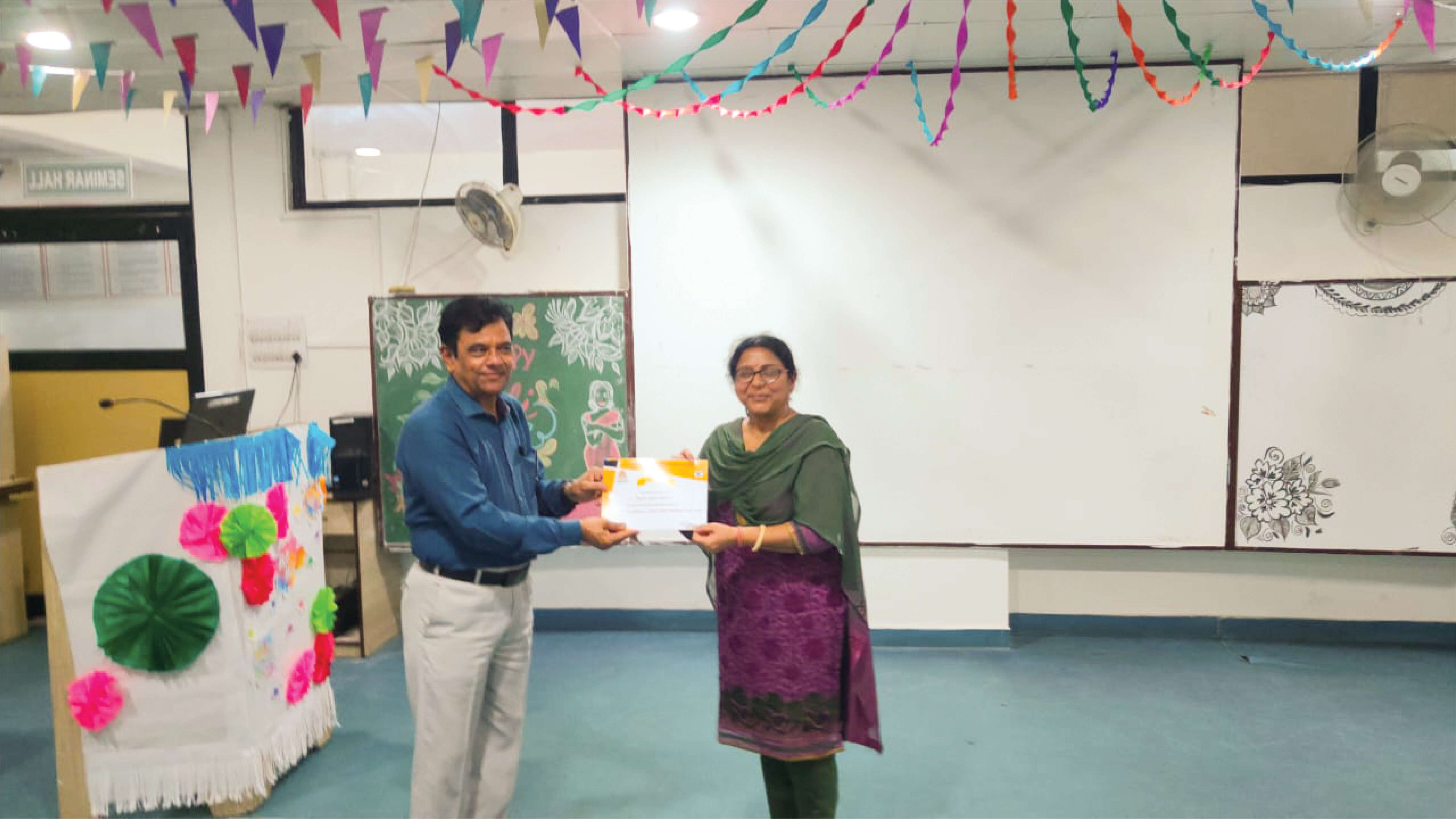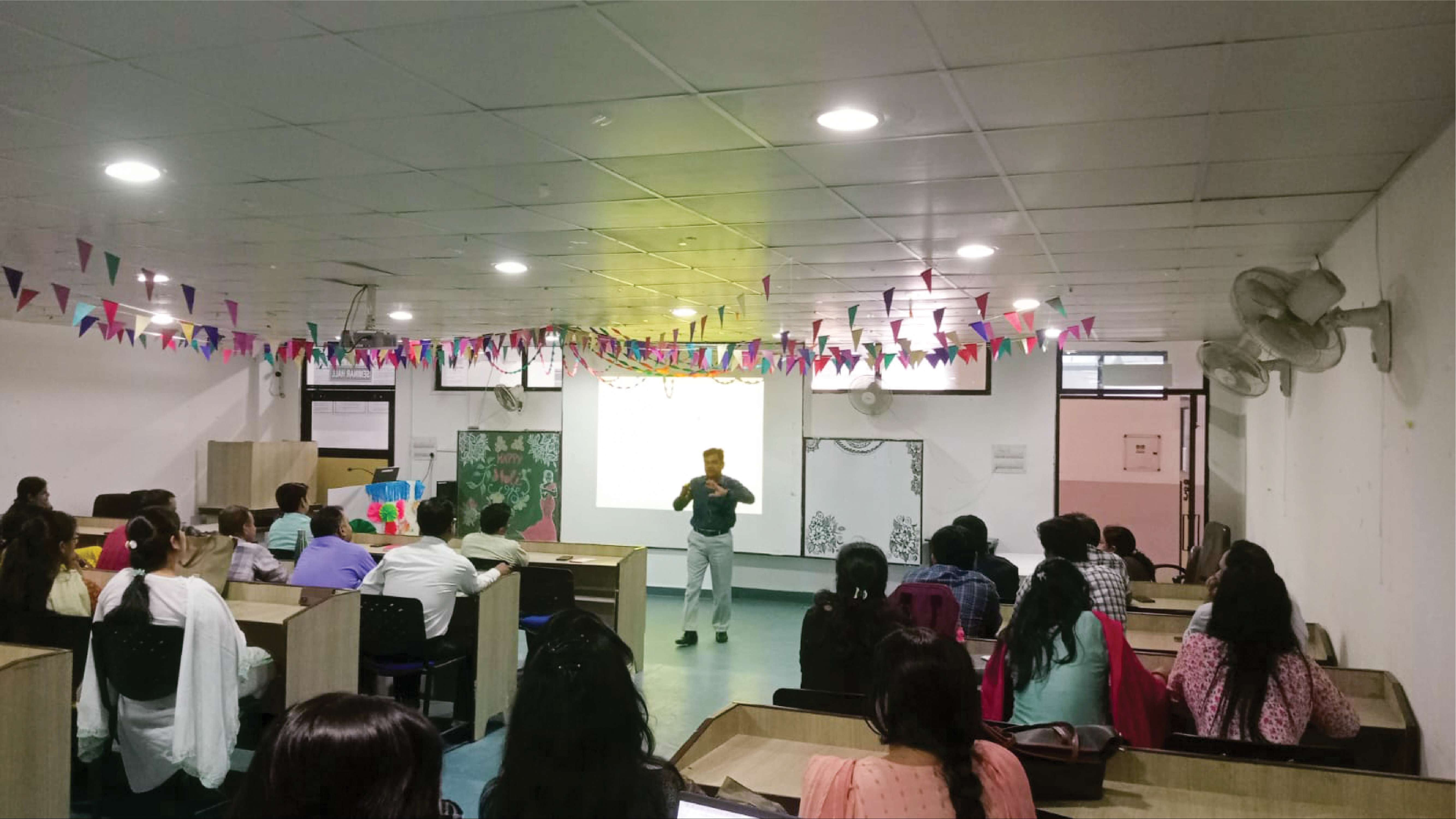TMU Hosts Workshop on Outcome-Based Education and Quality Circles
Teerthanker Mahaveer University (TMU) recently concluded a two-day workshop to advance the quality of education through Outcome-Based Education and Quality Circles. Led by the faculty of education and distinguished educators, the event proved to be a significant platform for discussions and insights into educational enhancement strategies.
Key Figures and Inauguration
Throughout the two-day event, participants engaged in lively discussions, interactive sessions, and insightful presentations on the theme of "Empowering Youth for Sustainable Development." Prof. M.P. Singh's leadership and the distinguished presence of the esteemed guests set a tone of intellectual rigour and collaborative exchange, fostering an environment conducive to learning and innovation.
Day One: Outcome-Based Education
Prof. R.N. Krishnia, Director of CTLD, captivated the audience with his keynote address, emphasising the significance of Outcome-Based Education. He delved into various dimensions of O.B.E., covering topics such as CO-PO mapping, Bloom's Taxonomy, and programme outcomes, providing valuable insights for educational enhancement.
Day Two: Quality Circles
On the second day, Prof. Krishnia elucidated the concept of Quality Circles, stressing the importance of systematic problem-solving approaches to ensure educational quality. The session highlighted the need for departmental quality circles to brainstorm, evaluate, and progress towards enhancing education quality.
Recognition and Gratitude
Prof. Rashmi Mehrotra expressed gratitude towards Prof. Krishnia for his insightful contributions and underscored the collective effort required for quality enhancement in education. She emphasised the importance of innovation and collaboration among educators. The workshop concluded successfully with active participation from department heads and faculty members. Certificates were distributed to all participants, acknowledging their contribution to the event's success. Ruby Sharma played a pivotal role in overseeing the programme's execution.
Lastly, Teerthanker Mahaveer University remains committed to fostering educational excellence and looks forward to more such enriching initiatives in the future to the best of its abilities and providing guidance to the students.
FAQs
Q) What is Outcome-Based Education (OBE), and why is it important in the context of modern education?
Ans: Outcome-Based Education (OBE) focuses on defined learning outcomes and aligns education with industry demands, enhancing graduates' employability in the modern world.
Q) How does Outcome-Based Education differ from traditional education approaches?
Ans: OBE differs from traditional education by emphasising specific learning outcomes over content delivery, promoting student-centred learning and real-world application.
Q) What are the key principles underlying Outcome-Based Education?
Ans: Key principles of OBE include clarity in defining outcomes, alignment with industry needs, continuous assessment, and flexibility in teaching methods.
Q) How can educators effectively implement Outcome-Based Education in their teaching practices?
Ans: Educators can implement OBE by clearly defining learning outcomes, designing assessments aligned with these outcomes, and fostering active student engagement in achieving them.





